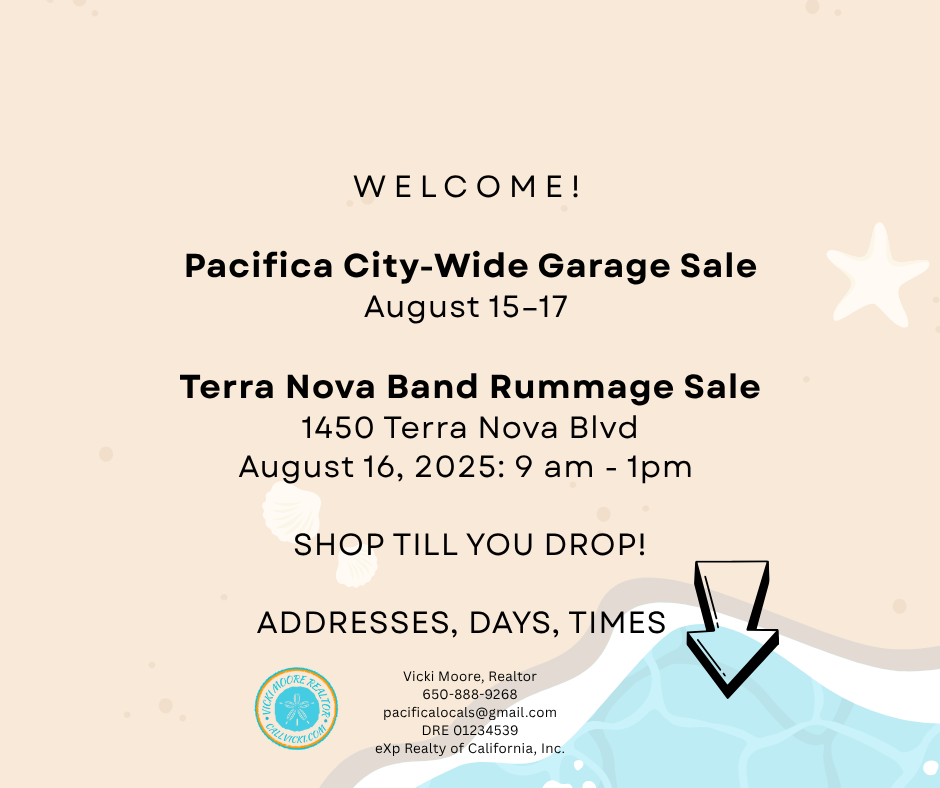
Vicki Moore Realtor Pacifica CA, is a trusted guide for home sellers and buyers navigating the highly competitive Pacifica and Silicon Valley real estate markets.
Known for her thoughtful approach, deep local knowledge, and calm confidence, Vicki brings clarity to a complex process. From strategic home preparation to skillful negotiation, she helps great people make smart real estate decisions.,
